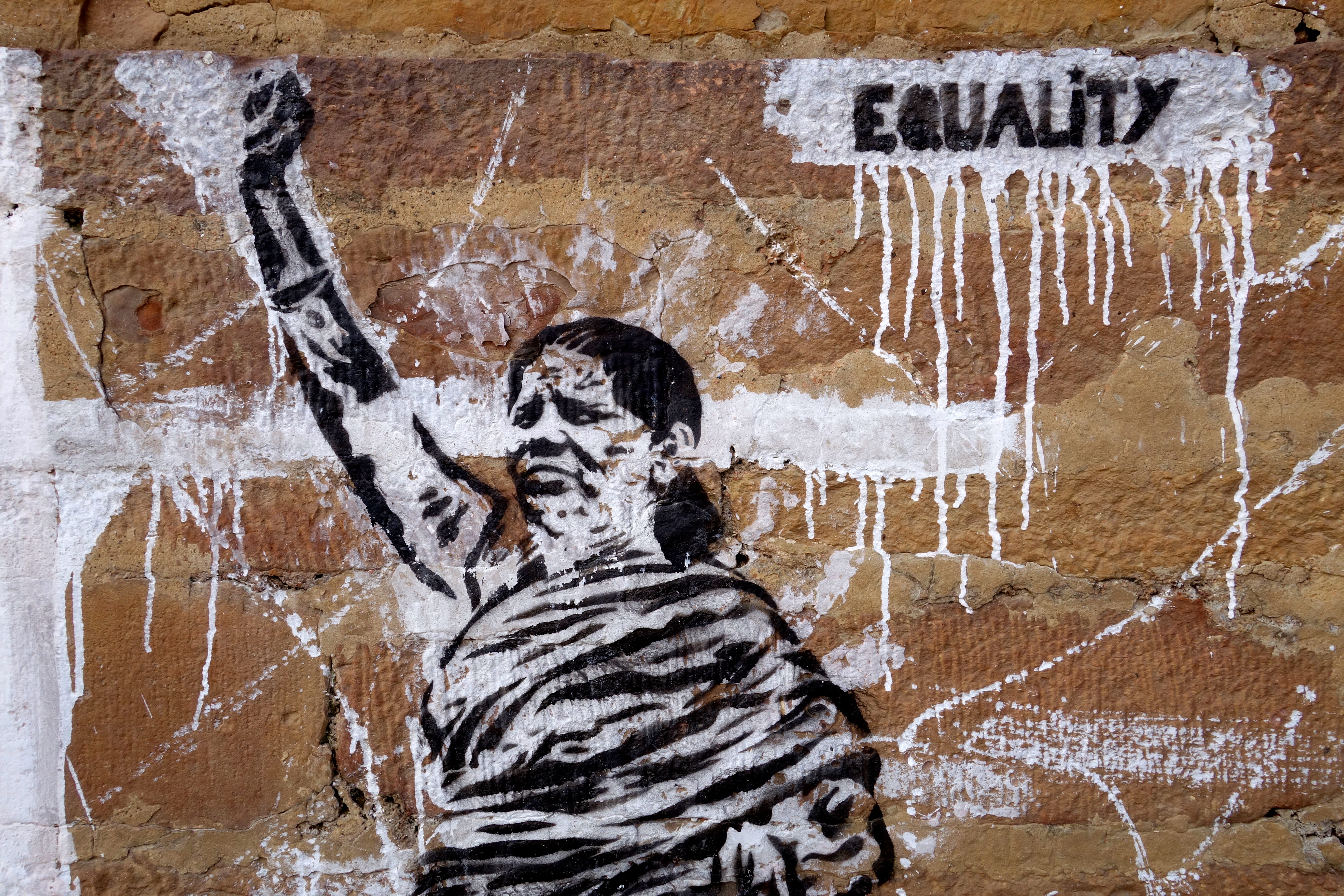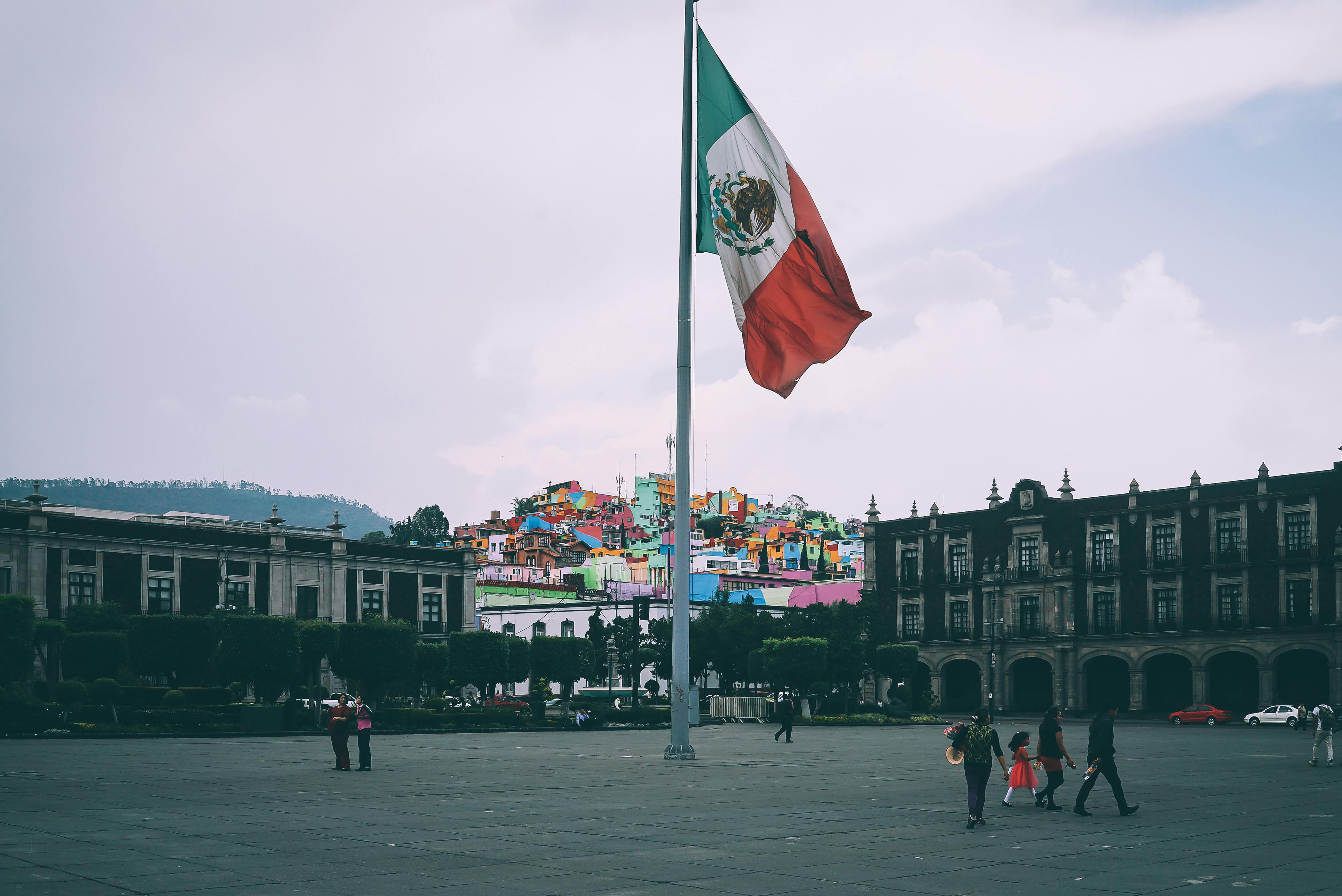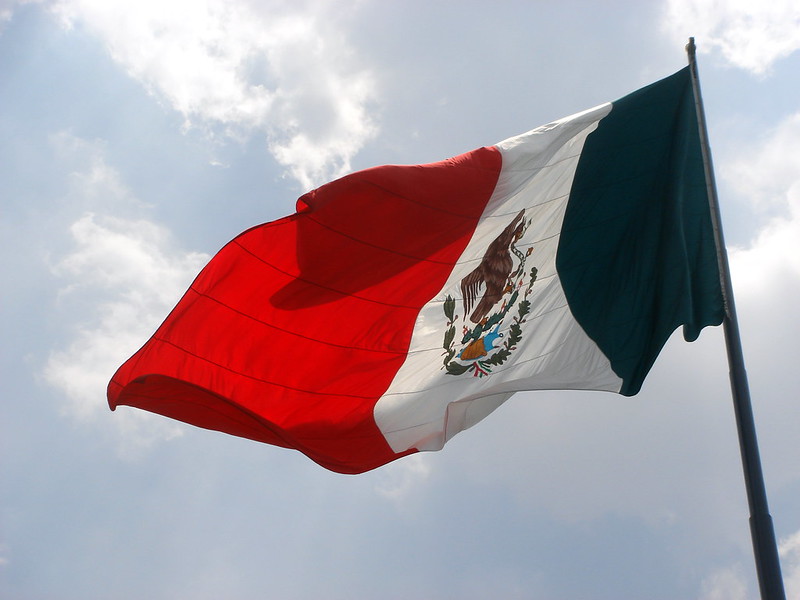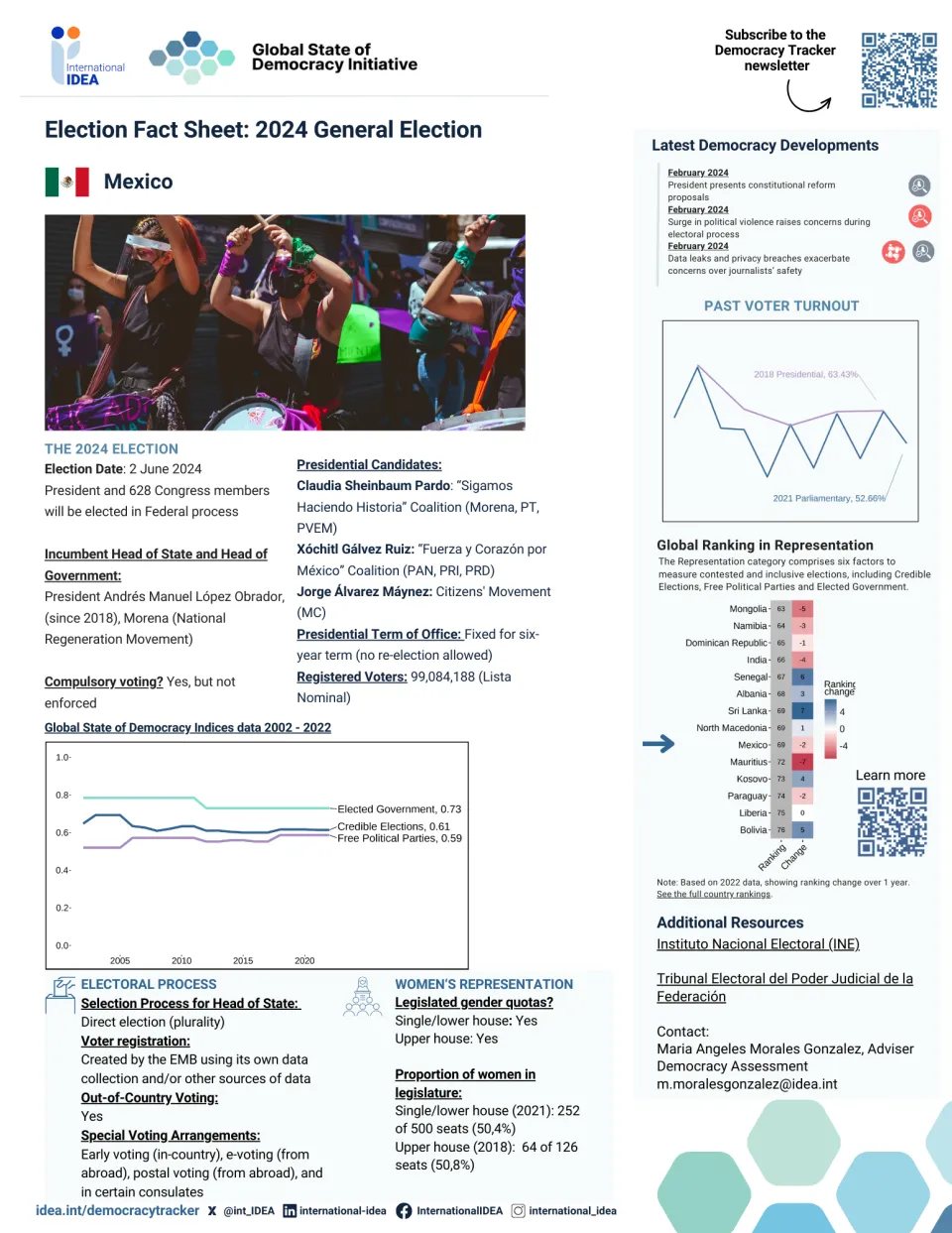
Mexico
Mexico exhibits mid-range performance in three out of four categories of the Global State of Democracy Framework, and low range performance in Rule of Law. Since 2018, it has experienced declines in Effective Parliament, Freedom of the Press and Judicial Independence. Mexico’s economy relies heavily on industrial activities, including the oil and energy sectors, manufacturing, services, and agriculture. It has significant trade with the United States and relies on an important influx of remittances.
An ethnically diverse country, Mexico’s population consists predominantly of Mexican Mestizo, with Indigenous, White, and Afro-Mexican minorities. Although among the 15 largest global economies, poverty rates are high, affecting over 36 per cent of the population. High inequality, low social mobility, and informal labour markets that exclude the poor from basic legal protections and services have a differentiated impact according to race. Indigenous peoples continue to face structural discrimination, evidenced in high poverty rates, challenges to access employment opportunities, and lack of access to intercultural public services, including health. Free, prior and informed consent is not consistently ensured in the adoption of policy, legislation and in the approval of development projects that impact their communities.
Women’s political participation has been enabled through ground-breaking reforms establishing gender parity as a permanent fixture in all branches of government, and Mexicans elected the country’s first woman president in 2024. However, despite a strong institutional and legal framework to ensure women’s rights, gender-based violence and femicide levels remain concerning.
The last two decades have seen a serious downturn in domestic security as drug-related violence expands. Corruption has allowed organized criminal groups to operate, wield political influence and violently meddle in elections. Illicit networks’ increased control of the country’s territory, local economies, and political system contribute to Mexico’s chronic governance challenges, which the government has attempted to contain by addressing the root causes of crime and through the establishment of a National Guard in 2019. There has also been increased militarization of public security, a policy criticised for its impact on human rights.
Beginning in 1929, Mexico was home to 71 years of single-party government under the Institutional Revolutionary Party (PRI). Since the early nineties, Mexico’s political institutions have facilitated democratic alternations of power through elections, and in 2000 the first president from a different party was elected. After two terms of centre-right leaders and a brief return of PRI to power, dissatisfaction with political representation contributed to the establishment and 2018 victory of the Morena party, whose platform has emphasized the improvement of the condition of marginalized Mexicans, making it immensely popular. In this context, anti-corruption and austerity measures have been prioritized by officials as means towards reducing inequality. At the same time, however, government criticism of the media and opposition, and censure of and attempts to reform the judiciary and autonomous institutions, including electoral bodies, have been characterised by critics as part of an effort to erode democratic checks on executive authority. The government argues that proposed reforms are designed to address corruption and enhance austerity.
Looking ahead, Rule of Law and Judicial Independence will be key, as a constitutional reform initiative to massively overhaul the Judiciary is being considered. Further, it will be important to continue following performance on Rights, Freedom of the Press, and Personal Integrity and Security, given the country’s levels of violence, including against journalists. Performance in Absence of Corruption will also be a key indicator of the success of recent anti-corruption efforts.
Last Updated: June 2024
https://www.idea.int/democracytracker/
February 2025
Cartel leaders are transferred to the U.S., bypassing extradition procedure
On 27 February, 29 cartel leaders and members (most, Mexican nationals), wanted in the United States for crimes such as money laundering, drug trafficking and organized crime were transferred to that country, bypassing the extradition process. According to the Mexican Attorney General (AG) and the federal Security and Citizen Protection Minister, the cartel leaders were ‘sent’ or ‘transferred’, pursuant to Mexico’s National Security Law and article 89 of the Constitution. The officials clarified the cartel leaders had not been extradited, but transferred following a decision of the National Security Council in response to a U.S. request. They defended this procedure, blaming corruption in the judiciary for the delay in resolving extradition requests, given that injunctions and appeals meant that some cases had been ongoing for many years. The decision is atypical, both for the legal basis invoked and Mexico’s long-established demand that any nationals subject to extradition requests are spared the death penalty. Although the AG asserted that capital punishment would not be pursued in the criminal cases, U.S. prosecutors have not given such assurances publicly.
Sources: : Gobierno de Mexico, Expansion Politica, El Pais, Reuters, NY Times, El Universal
January 2025
Mexicans living abroad to be excluded from first judicial elections
On 15 January, the Federal Judiciary’s Electoral Tribunal (TEPJF) upheld the National Electoral Institute’s (INE) decision to exclude Mexicans living abroad from this year’s first ever judicial elections in the country (to take place in June). Although the TEPJF rejected INE’s argument that it was prevented from including migrants in the absence of specific legislation that expressly recognized their rights to vote in judicial elections, it upheld INE’s decision on other grounds. The TEPJF recognized the right of Mexican migrants to vote for members of the Supreme Court, the TEPJF and of the Tribunal of Judicial Discipline, however it reasoned that it is materially impossible to guarantee such rights for the upcoming elections. It decided that the short time-frame to organize these elections, along with the limited budget and resources, would prevent the electoral management body from implementing any modality for voting from abroad.
Sources: TEPJF, La Jornada, Proceso, Milenio, International IDEA
December 2024
Transparency watchdog and other autonomous bodies are abolished
On 21 December, a series of constitutional amendments backed by the executive entered into force abolishing seven autonomous bodies, including the National Institute for Transparency, Access to Information and Personal Data Protection. The other autonomous institutions had mandates related to evaluation of social development policy, economic competition, telecommunications, education, and energy and hydrocarbon regulation. According to the ruling coalition in Congress and government officials, the amendments aim to simplify bureaucracy, cut costs and corruption; the functions of these bodies will now be distributed and carried out by other ministries and government institutions. Critics and opposition politicians have denounced the amendments, arguing they weaken checks on government, the accountability of public officials, and people’s access to information and privacy rights.
Sources: Diario Oficial de la Federación, El Financiero, El Universal, Reuters
November 2024
Constitutional amendments on gender equality enter into force
On 15 November, executive-initiated constitutional amendments on gender equality were promulgated and entered into force the following day. The amendments include an acknowledgment of the State’s duty to ensure substantive gender equality, the inclusion of a gender perspective in public security, the creation of specialized prosecutors’ offices on gender-based violence at the state-level, as well as the implementation of the principle of gender parity in the appointment of heads of ministries at the state-level. Notably, the amendments establish the prohibition of a gender pay-gap. Congress will have to pass implementing legislation or amend existing laws to guarantee the newly codified rights and obligations within 90 days.
Sources: Presidencia de la República, Diario Oficial de la Federación
See all event reports for this country
Global ranking per category of democratic performance in 2023
Basic Information
Human Rights Treaties
Performance by category over the last 6 months
Blogs
Election factsheets
Global State of Democracy Indices
Hover over the trend lines to see the exact data points across the years
Factors of Democratic Performance Over Time
Use the slider below to see how democratic performance has changed over time




